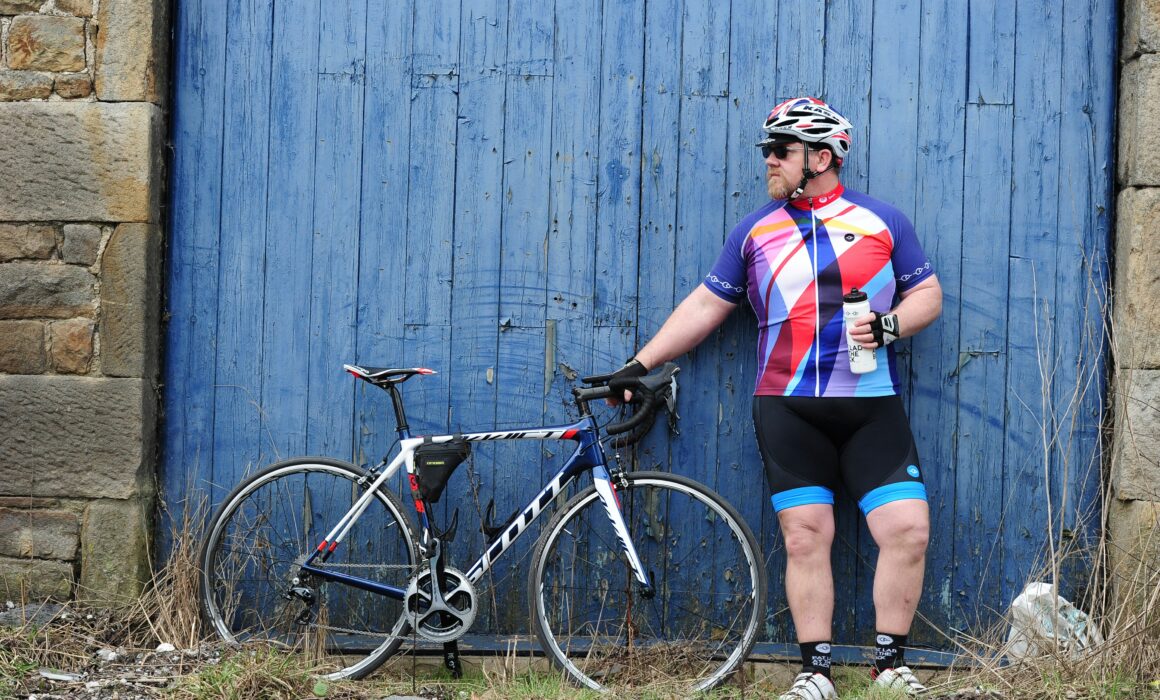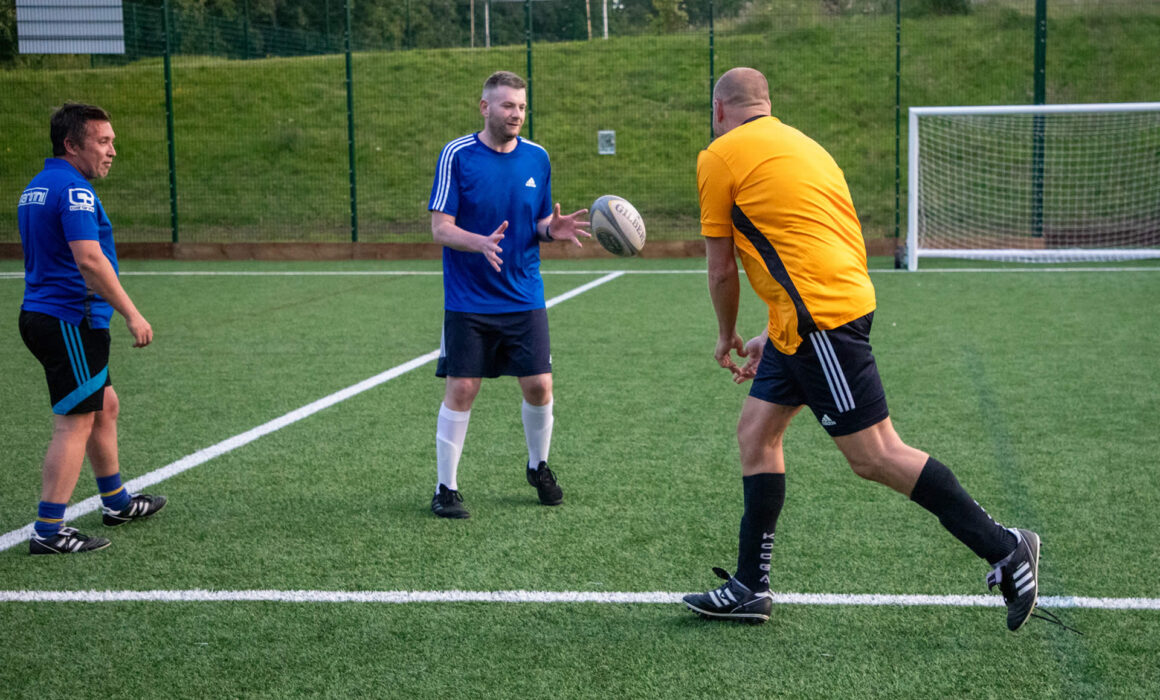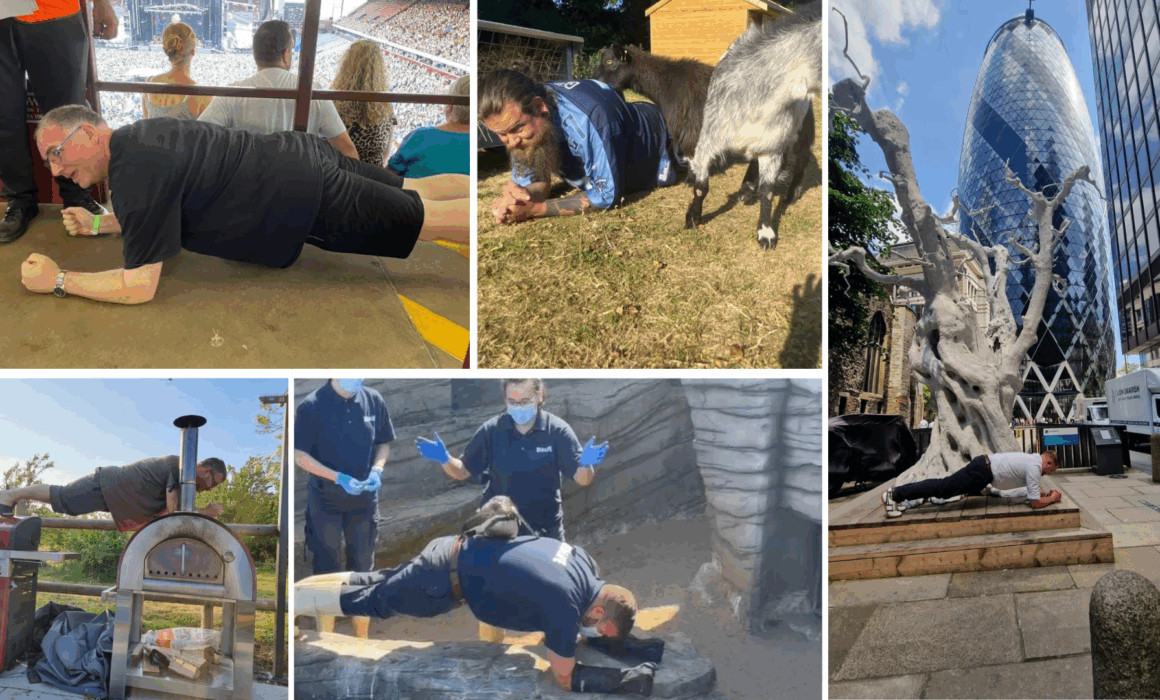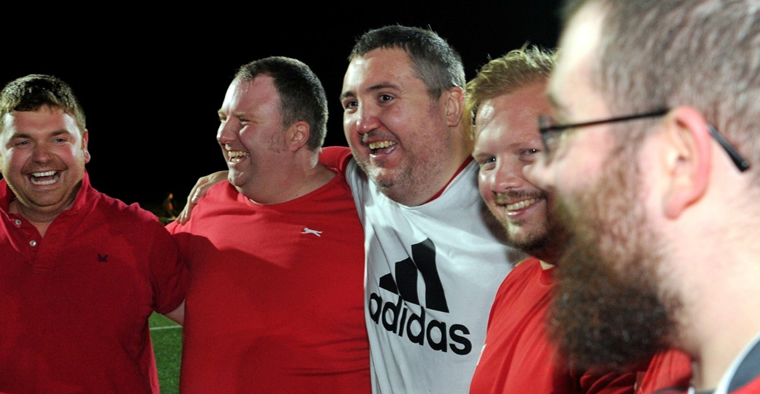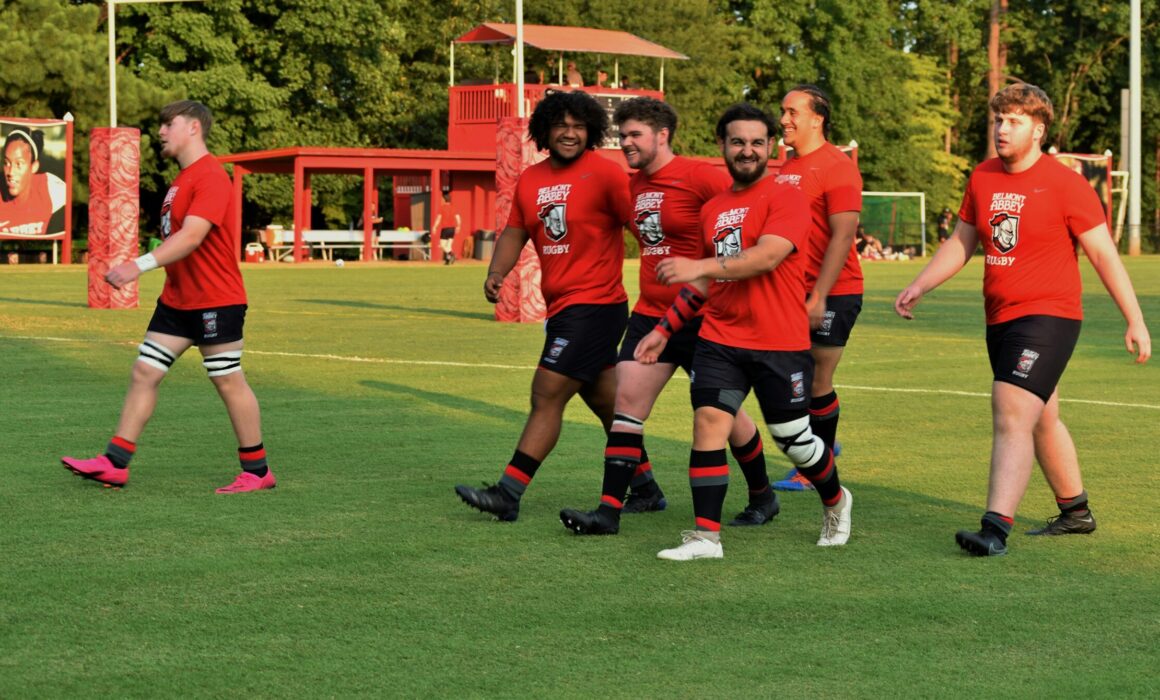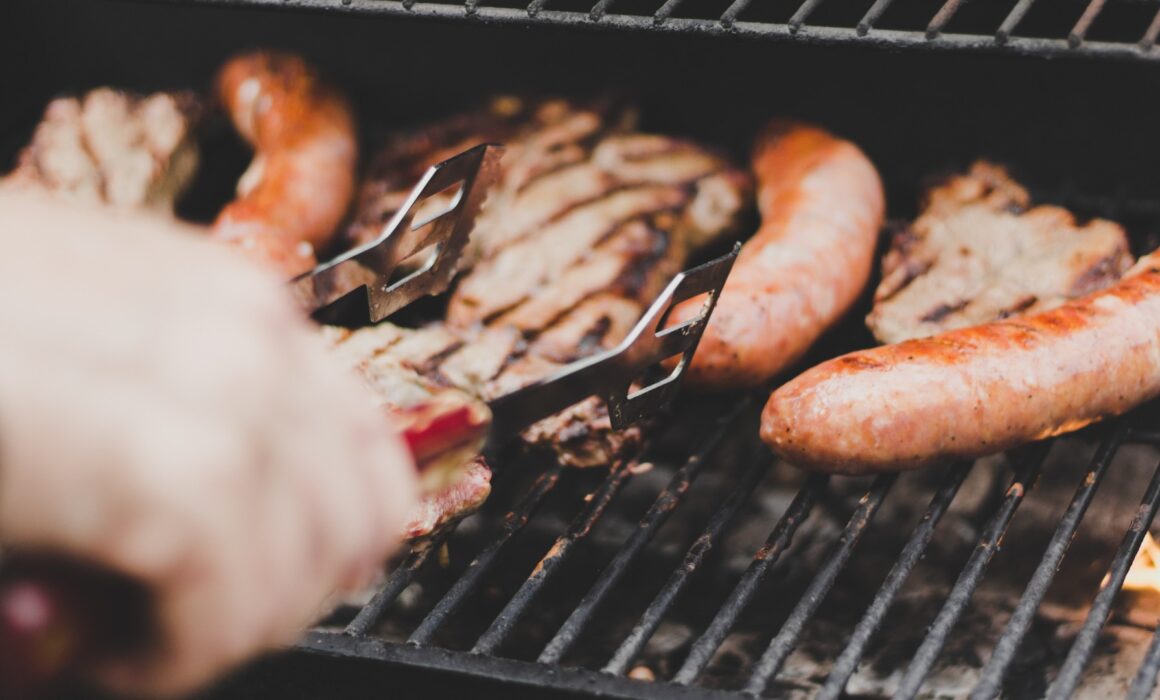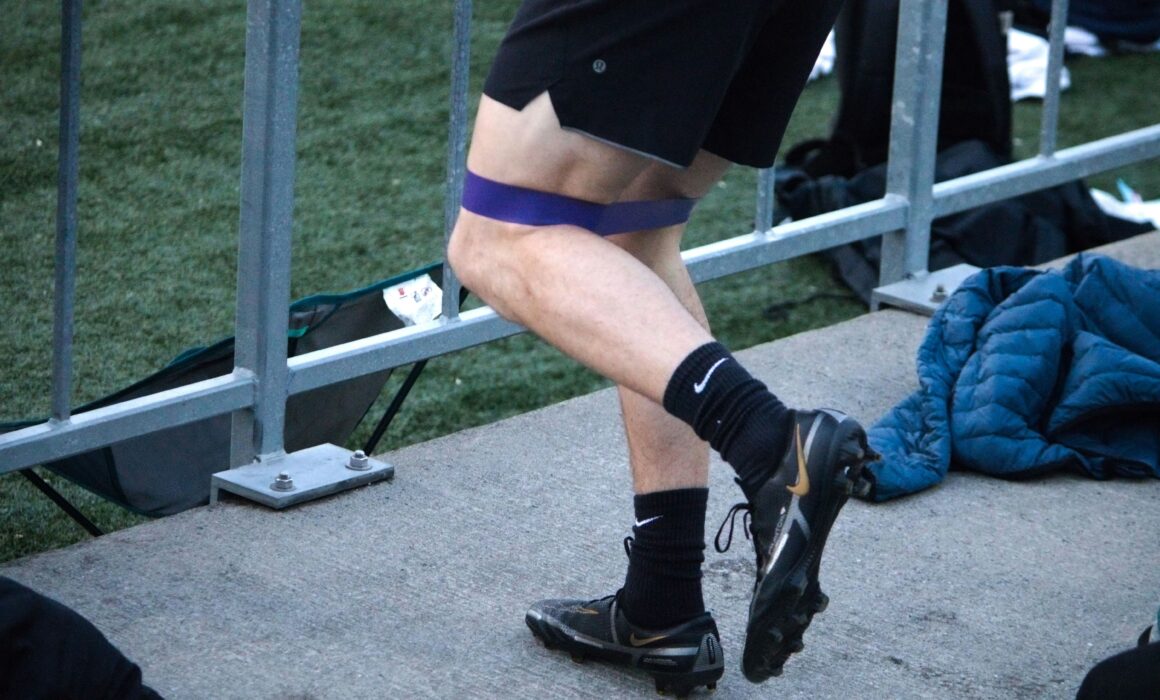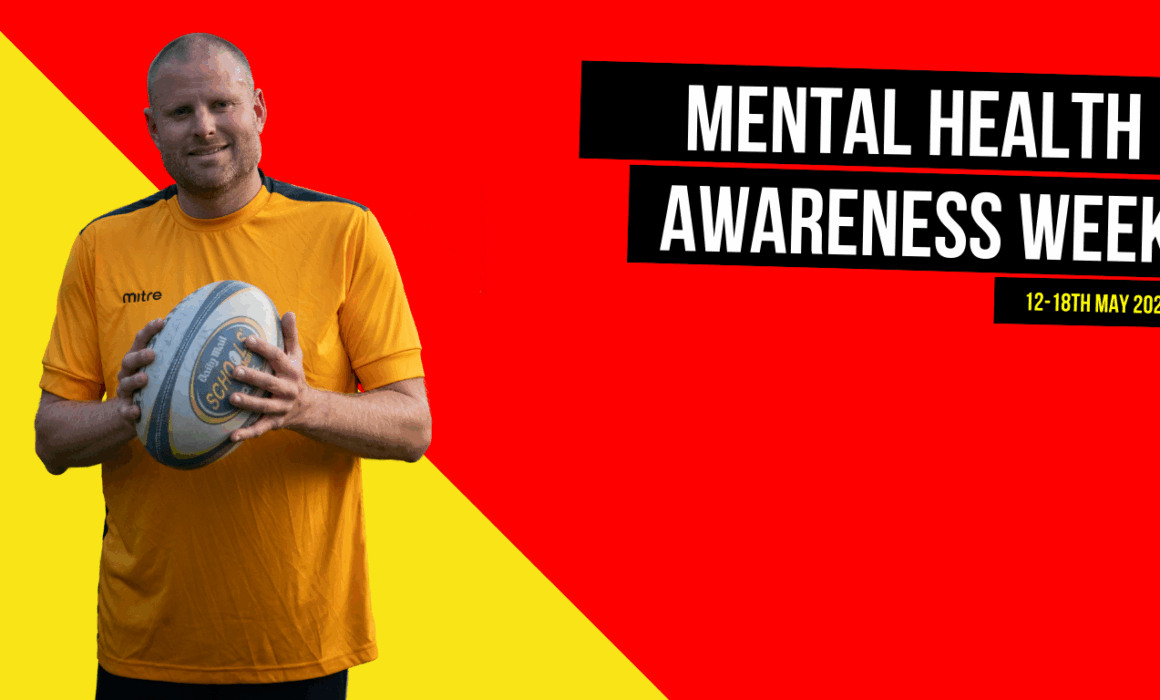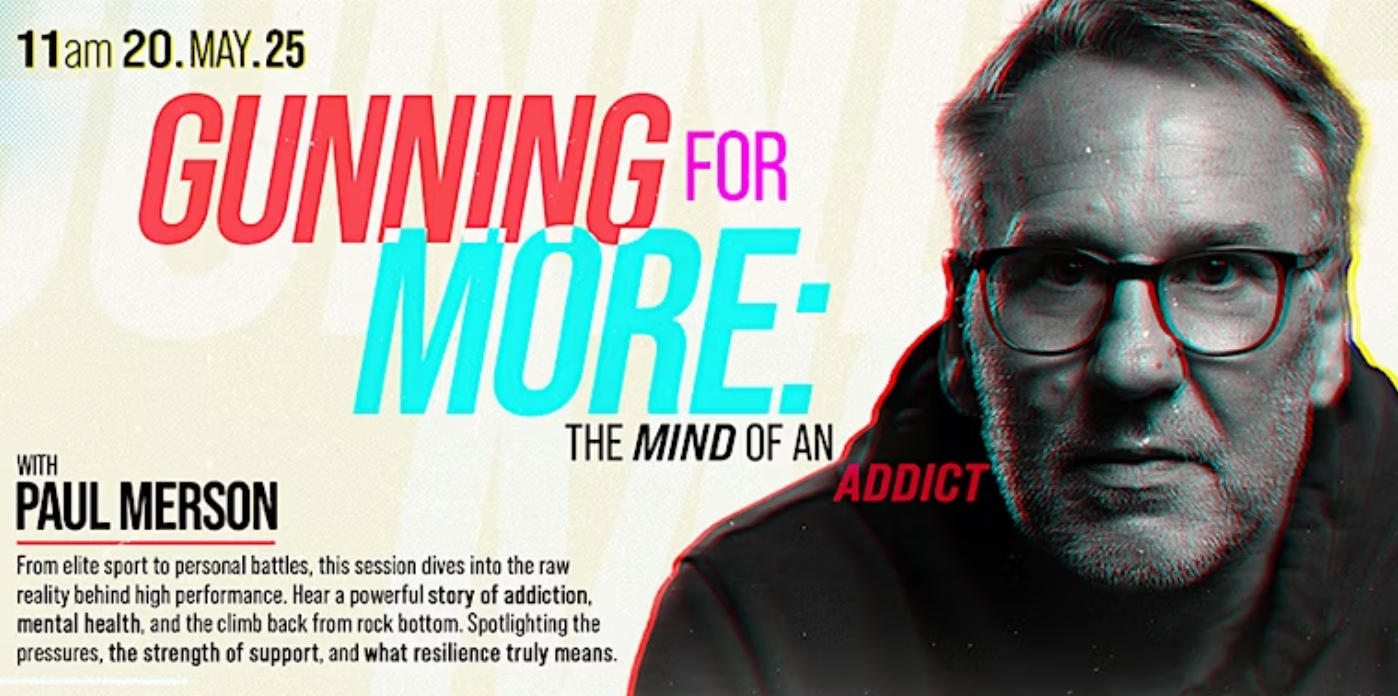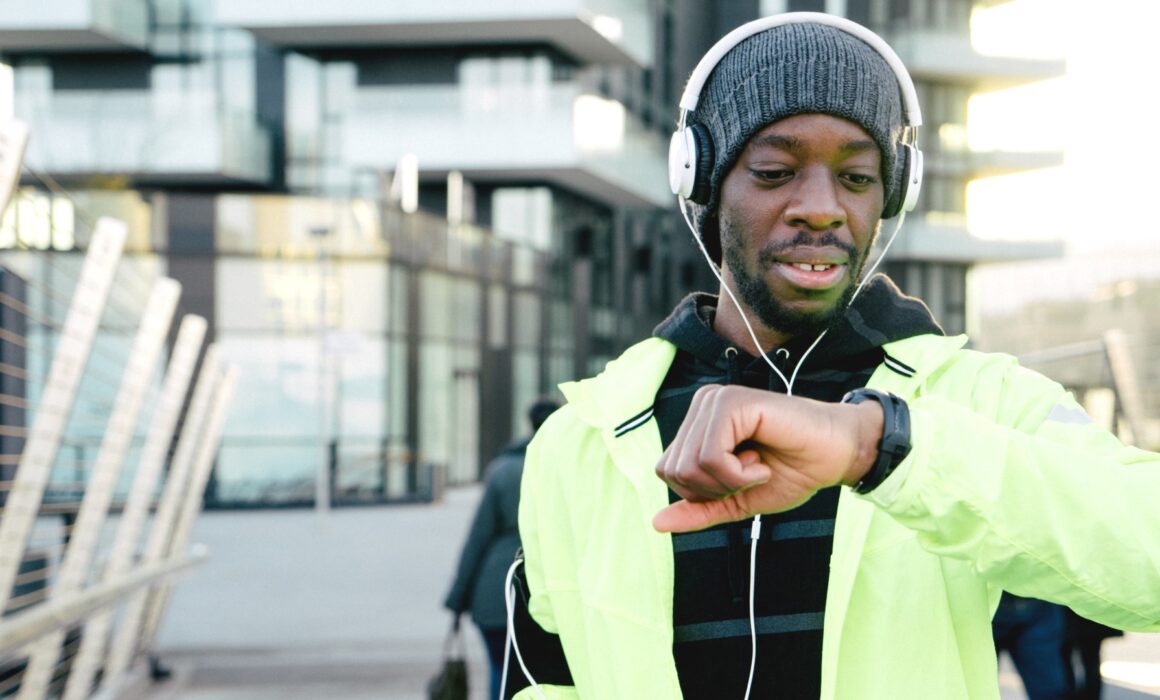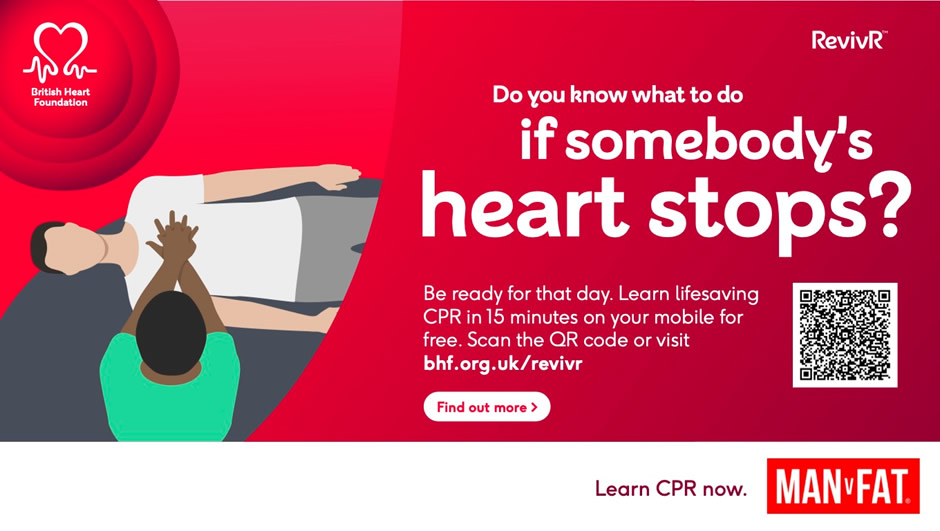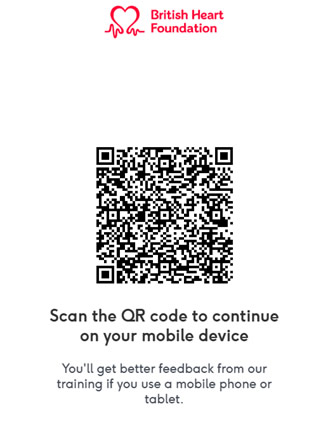Getting Started With Cycling
You’ve seen them whizzing past in the latest Lycra, looking like they belong on the Tour de France, but here’s the good news: you don’t need to be a lean machine or spend thousands on a carbon-fibre rocket to get started with cycling. In fact, cycling is one of the best ways to shift the pounds, boost fitness, and rediscover the simple joy of being out and about.
Why cycling?
Let’s start with why cycling is a brilliant choice for men on a weight loss journey:
Low impact, high reward – Unlike running, cycling is easier on your knees and ankles, which is ideal if you’re carrying extra weight. It gives you a solid cardio workout without leaving you battered the next day.
You control the effort – Whether it’s a gentle pootle around the park or a sweaty slog up a hill, you set the pace.
It fits into life – Commute, school run, popping to the shops – you can burn calories without carving out extra time.
Great for the head – That feeling of freedom on two wheels can do wonders for your mental health.
Picking your first bike: no need to break the bank
Forget the idea that you need to splash out on an expensive road bike or that you have to look like a pro cyclist. The key is finding a bike that feels comfortable, safe, and suits where you plan to ride. Let’s break down the options:
Hybrid bikes – These are often the best bet for heavier riders starting out. Hybrids combine features of road and mountain bikes, so you get an upright riding position (better for your back and shoulders), wider tyres for grip and stability, and a comfy seat. Great for roads, cycle paths, and light trails. If you’re not sure what you’ll enjoy most, a hybrid is a solid all-rounder.
Mountain bikes – Designed for rougher terrain, these bikes have wide, knobbly tyres, sturdy frames, and front or full suspension to handle bumps. The wide tyres and strong build make mountain bikes a good option if you want maximum stability and confidence, especially if you’re riding on trails or uneven ground. Just be aware they can feel slower on tarmac because of the extra grip.
Road bikes – These are built for speed, with skinny tyres and a forward-leaning position. While road bikes can work for heavier riders, they can feel less forgiving when you’re starting out. The riding position puts more pressure on your wrists and back, and the narrow tyres can feel twitchy on potholes or rough surfaces. If you’re set on a road bike, look for one with a strong frame (aluminium or steel rather than lightweight carbon) and wider tyres for added comfort.
Other options – You might also come across gravel bikes (a mix of road and mountain features, with chunkier tyres than a road bike) or electric bikes (e-bikes) that give you a bit of assistance on hills. Don’t rule these out – they can be fantastic confidence boosters, and e-bikes still give you a workout while helping you go further.
A quick word on weight limits
Most modern bikes will handle 100-120kg (15-19 stone) without any issue, but if you’re above that, it’s worth double-checking the manufacturer’s guidance. Many sturdy hybrids and mountain bikes can cope well, and you can always upgrade wheels or tyres down the line for extra durability if needed.
Second-hand steals – Loads of people buy bikes with the best of intentions, ride them twice, then leave them gathering dust in the shed. That’s great news for you. You can often pick up a barely used, good-quality bike for a fraction of the new price.
Check places like:
-
Facebook Marketplace
-
Gumtree
-
eBay (local collection to avoid postage faff)
-
Local bike shops that sell refurbished bikes
If you’re buying second-hand, check that:
-
The frame isn’t cracked or badly rusted
-
The wheels spin true (not wobbly)
-
The brakes and gears work
-
The tyres hold air
If you’re not sure, take a mate who knows bikes, or ask your local shop for a once-over – usually well worth the small cost for peace of mind.
What kit do you actually need?
Ignore the flashy gear for now. To get started, you’ll want:
A helmet – Your noggin is precious. Don’t skimp here.
Lights and a lock – Especially if you’re riding near traffic or at night.
Puncture repair kit or spare tube – Nothing kills your enthusiasm like a flat tyre miles from home.
Comfortable clothes – No need for Lycra. Whatever you feel good in that won’t get caught in the chain.
Water bottle – Hydration is key, even on short rides.
Optional but handy – Padded shorts (trust us on this one if you’re doing longer rides), a hi-vis jacket, and gloves.
How far should you go?
Start small. A 15-20 minute ride is plenty when you’re new to cycling, especially if it’s been a while since you last got on a bike.
Focus on time, not distance – The key is to build confidence and get your legs used to pedalling again.
Once you’re comfortable, gradually extend your rides – Aim for 2-3 rides a week to start seeing real benefits.
Don’t be ashamed of walking the bike up hills – Everyone does it at some point.
Staying motivated
Set yourself simple goals – like cycling to work once a week, or clocking 30 minutes without stopping.
Find a buddy – Riding with a mate makes it more fun, and you’re less likely to bail.
Track your progress – Apps like Strava can make your rides feel more rewarding.
Mix up your routes – Explore parks, canals, country lanes – keep it interesting.
Time to get pedalling
Cycling doesn’t have to be complicated, expensive, or intimidating. It’s about getting moving, enjoying yourself, and burning those calories in a way that feels good. Start small, build up, and before you know it, you’ll be one of those blokes you used to admire on a bike – only you’ll know that underneath the helmet is a man smashing his goals.
